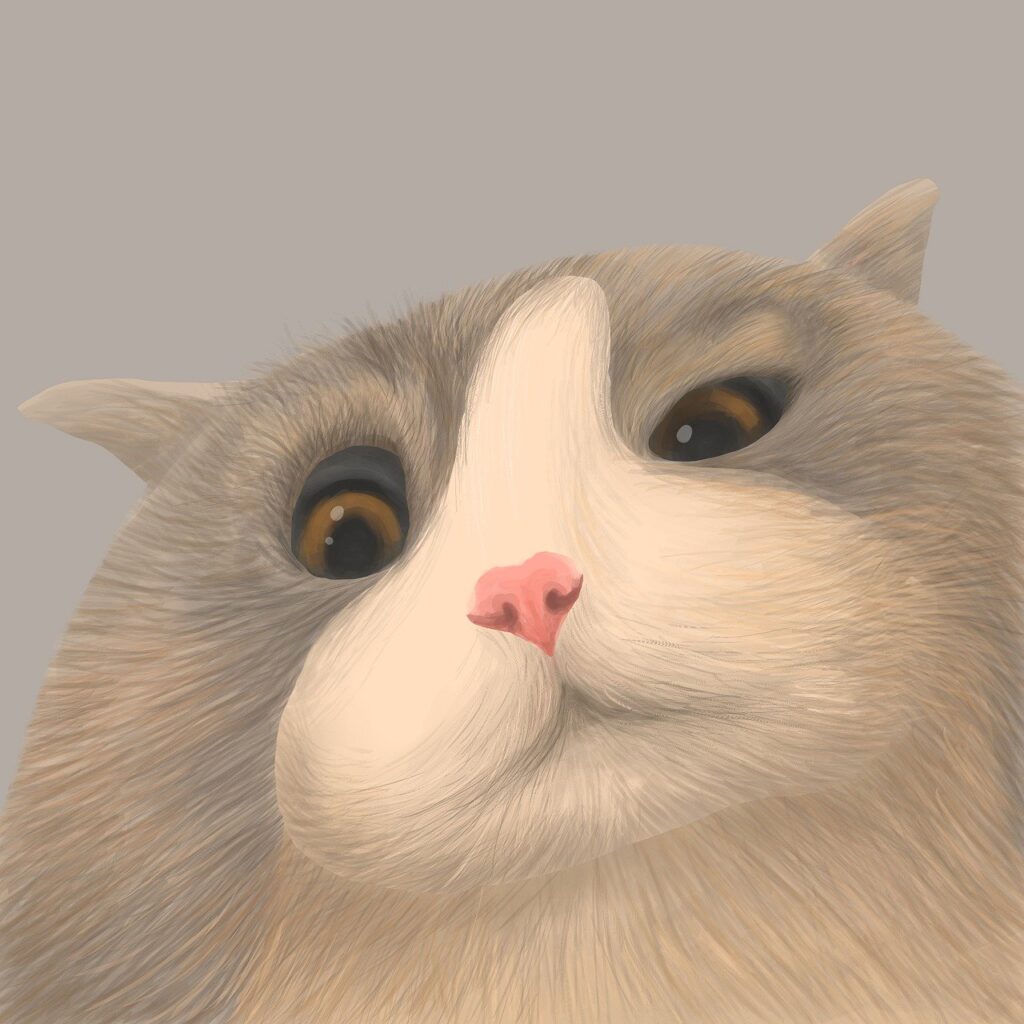Can Cats Eat Nuts? – No, They Can’t
Cats are often curious creatures, sniffing and sometimes snacking on what we eat. But when it comes to cats and nuts, the short answer is a resounding no. Nuts are not a natural part of a cat’s diet and can pose several health risks, which we’ll delve into throughout this blog. It’s important for pet owners to be aware of the dangers nuts can pose to their feline friends.
Is It Safe for Kittens to Consume Nuts?
Without a shadow of a doubt, kittens should not be allowed to consume nuts. Their developing digestive systems are particularly sensitive, and even small amounts of nuts can cause issues. Given their delicate nature, the rule of thumb for kitten food is simplicity and safety, which nuts do not fall under.
Risks Associated with Feeding Nuts to Kittens
Nuts may pose choking hazards and can cause gastrointestinal distress in kittens, such as vomiting or diarrhea. Also, the high fat content in nuts can lead to obesity and other long-term health issues. Kittens require a careful balance of nutrients which nuts cannot provide.
Why Nuts are Not Recommended for Cats
High Fat Content
Nuts contain high levels of fats that are difficult for cats to digest. The consumption of high-fat foods regularly can lead to weight gain and potentially obesity, which can be a stepping stone to diabetes and other metabolic diseases in cats.
Potential Toxin Contamination
Some nuts, like macadamia nuts, are toxic to cats and can cause serious health complications. Even non-toxic nuts can potentially be contaminated with mycotoxins, which are produced by fungi found on stale or improperly stored nuts. These toxins can be harmful to your feline.
Risk of Gastrointestinal Problems
The ingestion of nuts can disturb a cat’s digestive system, leading to vomiting, diarrhea, or even an upset stomach. The high fiber content in some nuts can also be problematic for their digestion and can interfere with the absorption of other important nutrients.
Known Health Issues in Cats from Consuming Nuts
Health issues that arise in cats from eating nuts can range from upset stomach to more severe reactions like pancreatitis due to the high fat content. Ingesting nuts can also result in an increased risk of a life-threatening obstruction, particularly with larger nuts that are not chewed properly.
What to Do If a Cat Has Consumed Nuts?
- Immediate Assessment: Monitor your cat for any signs of distress, discomfort, or allergic reactions.
- Contact Your Veterinarian: If you notice any unusual behavior or symptoms, or if your cat has consumed macadamia nuts, contact your vet right away.
- Prevent Future Access: Ensure nuts are kept out of reach in the future to prevent any more potential snacking.
Safe Alternatives to Nuts for Cats
Instead of nuts, consider offering cat-safe treats that are designed with their nutritional needs in mind. You can opt for small pieces of cooked chicken, turkey, or a bit of canned tuna or salmon. There are also numerous commercial cat treats that are formulated to be both tasty and healthy for your feline friend.
Conclusion
In conclusion, while nuts may be a tasty snack for humans, they are not suitable for our feline companions. Providing your cat with a diet that is appropriate and nutritionally balanced is crucial for their well-being. Sticking to cat-specific treats and avoiding human snacks like nuts will help ensure your cat stays healthy and happy.



